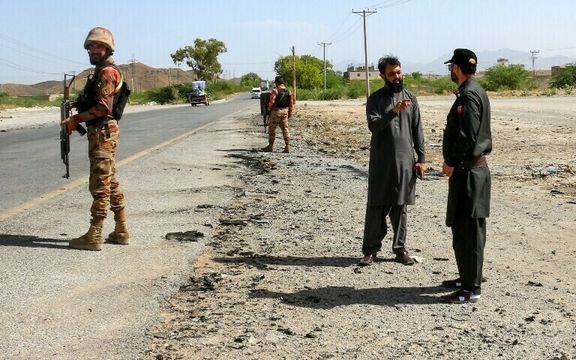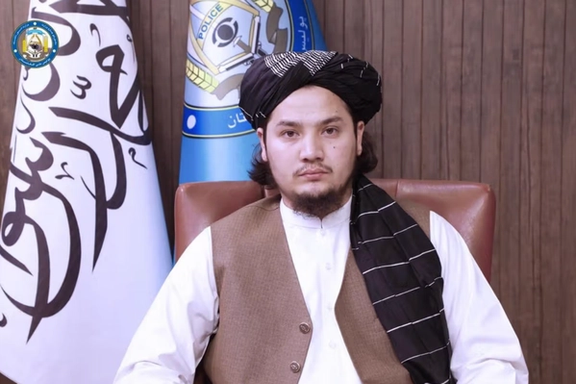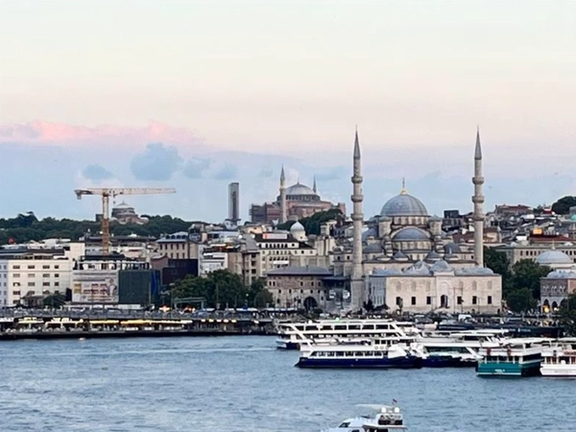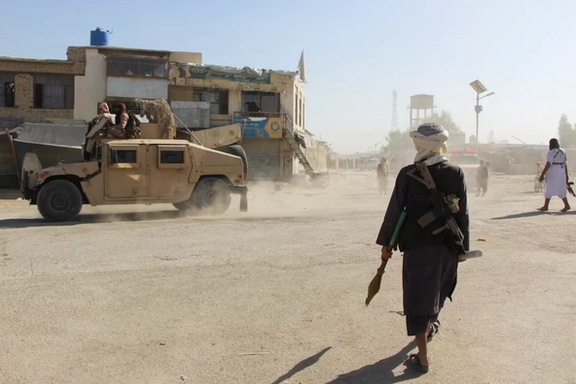Asif claimed that Pakistan would not need to use even a fraction of its military power to “completely obliterate the Taliban regime” and said a repeat of the Taliban’s retreat into Tora Bora would be “a spectacle to watch.” The Tora Bora mountain complex in eastern Afghanistan gained notoriety for its strategic role after the Taliban's fall in 2001.
The minister accused the Taliban of dragging Afghanistan toward another war to preserve their rule and sustain what he called a “war economy.”
Following the collapse of four days of talks between Pakistan and the Taliban in Istanbul, Asif wrote on X on Wednesday that Pakistan had only entered the discussions “at the request of brotherly countries who were persistently being beseeched by Taliban Regime”
He said recent “venomous statements" by Taliban officials revealed “the devious and splintered mindset of the Taliban regime.”
Asif alleged that the Taliban were blindly pushing Afghanistan into conflict “to retain its usurped rule and maintain the war economy.”
“Despite fully knowing their inherent limitations and hollowness of their war cries, they are beating the war drums to maintain their crumbling facade,” he wrote.
He added that if the Taliban insist on “madly hellbent upon ruining Afghanistan and its innocent people once again then so be it.”
Responding to those warning that “Afghanistan is the graveyard of empires” and that war with it would have dire consequences, Asif said: “Pakistan certainly doesn’t claim it to be an empire but Afghanistan is definitely a graveyard, surely for its own people.”
“Never a graveyard of empires” he continued, “but certainly a playground of empires you have been throughout history.”
The defence minister warned Taliban “warmongers” who, he said, benefit from continued instability in the region, that they were underestimating Pakistan’s “resolve and courage.”
“If the Taliban regime wants to fight us,” he said, “the world will Inshallah see that their threats are nothing but performative circus!.”
Failed Talks in Istanbul
The Taliban and Pakistani delegations held several rounds of lengthy discussions in Istanbul between Saturday and Tuesday, mediated by Qatar and Turkiye.
On Tuesday, Pakistan’s Minister of Information, Attaullah Tarar, announced that the four-day talks with the “Afghan Taliban regime” had ended without results.
Although the Taliban have not yet commented on the failure of the talks, Tarar accused the Taliban delegation of evading key issues and confirmed that Islamabad would take “all necessary measures” to protect its citizens.
He said that since the Taliban’s return to power in Kabul, Pakistan has repeatedly engaged with them over cross-border terrorism, particularly involving Tehreek-e-Taliban Pakistan (TTP) and Baloch separatists.
A Taliban Foreign Ministry source earlier told Afghanistan International that Pakistan had demanded the Taliban launch operations against the TTP and declare it a terrorist organisation.
The source said Islamabad warned that if the Taliban refused, Pakistan reserved the right to carry out airstrikes on “suspicious movements” inside Afghanistan in response to TTP attacks.
The Taliban’s official position, the source added, is that it does not recognise the Pakistani Taliban as a “responsible entity” and regards the issue as Pakistan’s “internal matter.”
The Taliban delegation in Istanbul included Deputy Interior Minister Rahmatullah Najib, Taliban representative in Qatar Suhail Shaheen, senior member Anas Haqqani, Foreign Ministry Political Director Noor Ahmad Noor, Defence Ministry Operations Chief Noor Rahman Nusrat, and Foreign Ministry spokesperson Abdul Qahar Balkhi.
The seven-member Pakistani delegation consisted of diplomats and senior intelligence officials






